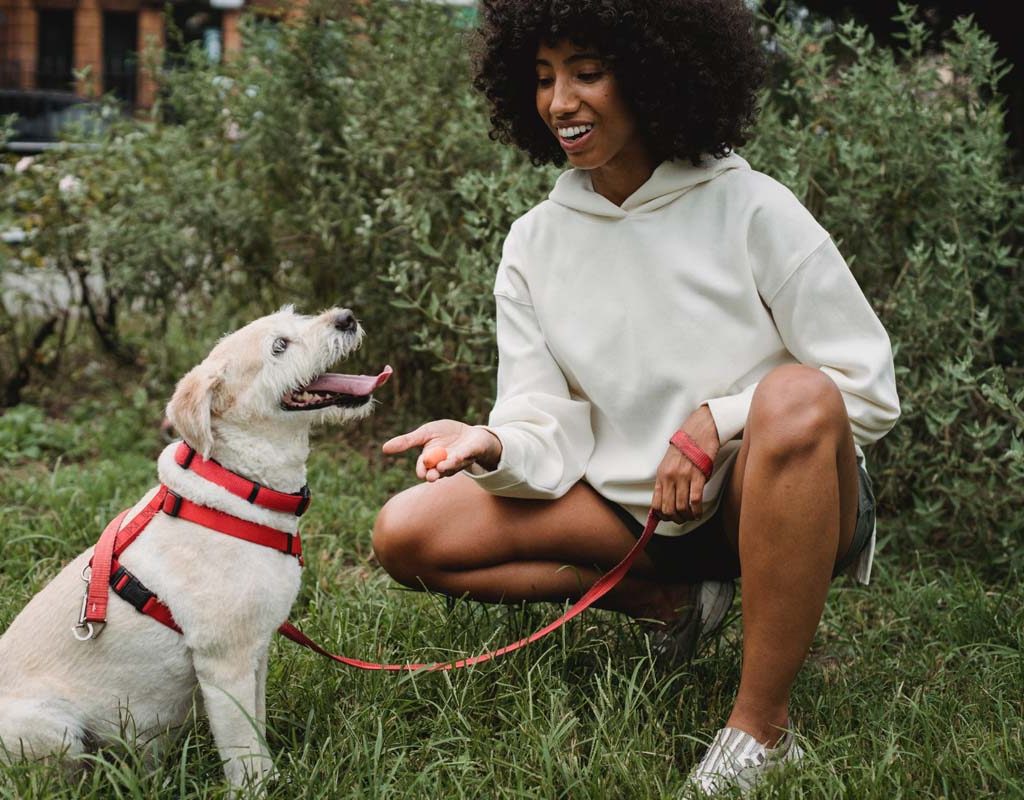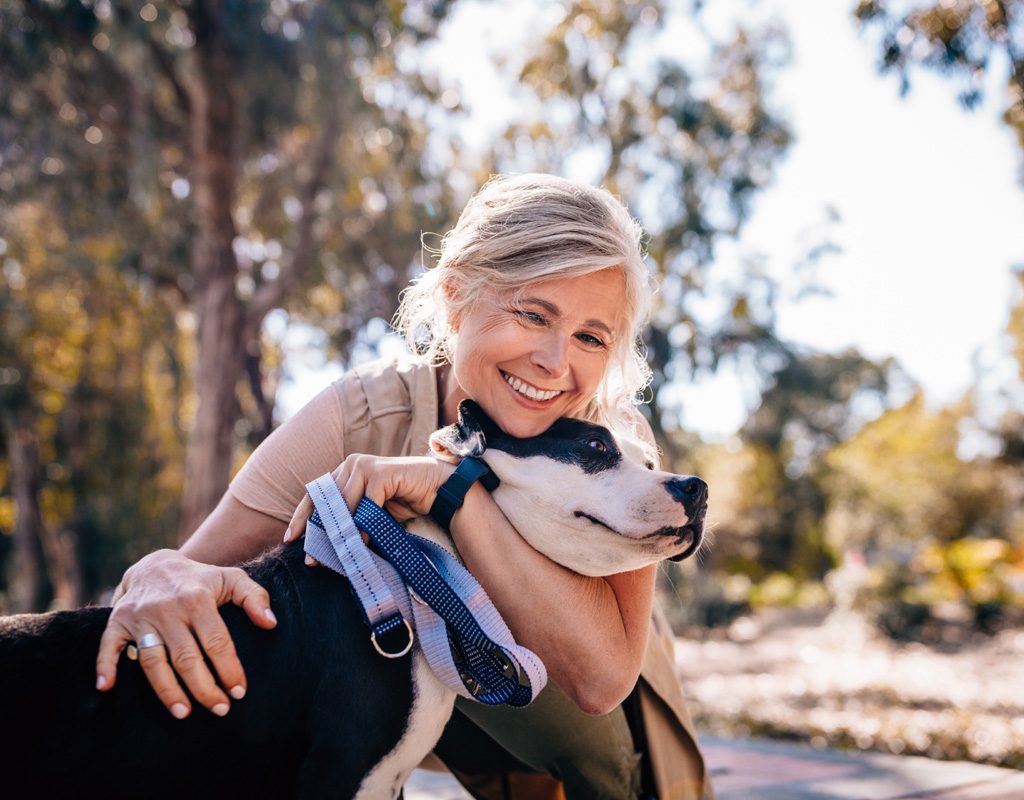New puppies aren’t the only dogs who need to be potty trained. Older dogs adopted from a shelter or rescue, or those being re-homed by former owners, may also need some retraining when it comes to housebreaking. Typically, it’s easier and takes less time to get adult dogs who were house trained as puppies back on track. Many rescue dogs regress in their habits because they get used to soiling in their kennels at the shelter. Moreover, scents and odors from other animals in a new environment may stimulate marking, according to experts at the Progressive Animal Welfare Society (PAWS) in Lynwood, Washington.
How to potty train an older dog
When you bring home a new adult dog, the best approach is to assume for the first few weeks that they aren’t house trained and start the training from scratch, according to PAWS. The same is true for older dogs who regress in their housebreaking habits. Once you’ve established that there isn’t a health issue, it’s time to go back to the basics.
Establish a routine
Sticking to a routine is essential to success when potty training an older dog. That includes feeding at the same times every day. Creating set feeding times rather than free feeding will make housebreaking easier, say experts at the American Kennel Club (AKC). The housebreaking routine for your adult dog will include taking them out:
- As soon as you wake up.
- After breakfast.
- A few times during the day.
- After dinner.
- Immediately before bedtime.
While housebreaking, you’ll need to take your dog out on a leash every time so that you can be sure they do their business. In those first weeks, study your new dog’s body language carefully, and learn to read signals that they need to go out. For example, your dog might pace, whine, circle, or sniff around the room. When you learn to recognize these signs and respond quickly, your dog will eventually start “asking” to go out because they will have learned that you will get up right away to take them out, say AKC experts.

Reward to reinforce the behavior you want
Be sure to praise your dog and reward them with a favorite treat as soon as they do their business outside. If your dog doesn’t eliminate outside but has an accident as soon as you get back inside, you need to stay outside longer. Each dog is different, so pay attention to how much time your dog typically needs, and use a cue such as “go potty” to encourage them to do their business. In addition to taking your dog on potty breaks, you’ll need to walk your dog in the morning and evening. They will likely do their business again on these walks, providing you with additional opportunities to reward them for wanted behavior.
Supervise
During housebreaking, an unsupervised dog will have accidents and won’t understand why they’re a problem, according to the Animal Humane Society, which operates shelters in Twin Cities, Minnesota. Because of this, you must supervise your dog at all times. If they’re moving around the house, keep them tethered to you with a hands-free leash so that you can be on the alert for any signs that they need to go outside. When you can’t supervise your dog, confine them in a small area using doggy gates, or put them in an exercise pen or a crate.
Gradually, over a few weeks without accidents, you can allow a little freedom. Start with 10 or 15 minutes after your dog does their business outside. If they have an accident at any point, take a few steps back and continue supervising. If you faithfully follow the housebreaking procedures and your dog continues to have accidents, there may be a health issue, and you should have them evaluated by a veterinarian.
Never punish your dog for indoor accidents
Never punish your dog by yelling at them if they have accidents inside. That won’t teach them that it’s wrong to eliminate inside, just that they shouldn’t do it in front of you, say training experts. Additionally, it will make your dog afraid of you and can ruin any bond between you and them. Instead, if you catch your dog eliminating indoors, interrupt them by gently clapping your hands and saying something like “uh-oh,” then immediately take them out. If they finish eliminating outside, follow through with praise and a treat.
If you find an accident after the fact, quietly clean it up. Make sure that you use an odor-masking product, such as Nature’s Miracle or Simple Solution, to avoid repeat offenses. Then review why the accident went undetected. Did you give them too much room to roam? Did you miss a signal that they needed to go out? The more accidents your dog has in the house, the longer the housebreaking will take.

Final thoughts on house training
When you adopt an adult dog, you’ll need to give them space to adjust. In those early weeks, they’ll likely be confused and unsure about where they fit into your family. It will take time for them to feel comfortable with you, and you’ll need to gain their trust as you both settle into the new routine. Housebreaking is part of that routine. With patience and understanding, your adult dog will learn right from wrong so that you can both enjoy many wonderful years together.




